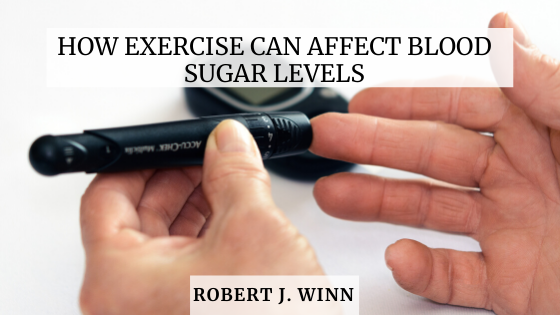Exercise has many benefits for physical health. For people coping with diabetes, exercise can improve blood sugar levels in addition to overall health and wellness. Physical activity also minimizes heart disease and stroke probability. The key to exercise being beneficial for blood sugar levels is understanding the impact the exercise will have.
Muscles are better able to utilize insulin during and after working out. Being regularly active lowers A1C (hemoglobin) levels. The cells take glucose during muscle contractions as an energy source regardless of insulin being present. While exercising is important, the benefits have a direct correlation to the workout’s length and intensity.
Healthcare professionals recommend adults 2.5 hours of physical activity (swimming, biking, etc.) per week and children with or without diabetes to get up to an hour of exercise per day. For people taking diabetes medications like insulin, speaking with a doctor about the impact of their desired workouts is suggested. This will inform the patient of the potential adverse effects the exercise will have on medications or blood sugar levels.
When taking medications, be sure to make proper adjustments based on the length and intensity of the workout. It is also suggested to monitor blood sugar levels before working out. For instance, if taking insulin or another low blood sugar medication, it is wise to test levels between 15 and 30 minutes before exercising. A safe blood sugar testing range for exercising is 100 to 250 mg/dL. Ketone, or the byproduct of fat broken down into energy, are a sign the body lacks sufficient insulin to control blood sugar levels. Exercising with raised levels of ketones can lead to ketoacidosis and must be treated immediately. Before exercising, make sure ketone levels disappear from urine.
Be sure to check for low blood sugar levels every half an hour of exercise. Stop exercising at the sign of weakness, shakes, or confusion. Check blood sugar levels and if they are too low, take 15 grams of fast-acting carbohydrates and wait 15 minutes before rechecking. If levels are still low, have another 15 grams and recheck blood sugar levels 15 minutes later until levels are stabilized. If unchanged, consult a healthcare provider for assistance.

